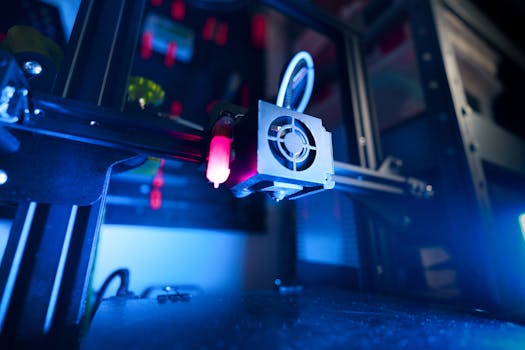
The Significance of Mechanical Design in Product Development
Takeaways: Mechanical design is the backbone of product development, influencing innovative solutions, manufacturing efficiency, and product performance. Proper mechanical design leads to reduced costs, improved reliability, and enhanced user experience.
Mechanical design is an integral part of product development, providing the framework for creating functional and efficient products. From initial concepts to final manufacturing, mechanical design encompasses numerous aspects that influence a product’s success in the market. This article delves into the significance of mechanical design in the product development lifecycle, exploring its role in innovation, efficiency, and overall product quality.
Understanding Mechanical Design
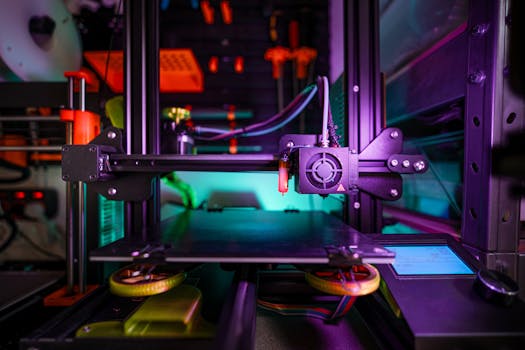
At its core, mechanical design aims to solve problems. Whether it’s designing a new gadget, a piece of machinery, or a consumer product, mechanical designers must consider numerous factors, such as user needs, material properties, manufacturing processes, and cost constraints. The ability to balance these elements is what distinguishes successful products from those that fail to meet market demands.
The Role of Mechanical Design in Innovation
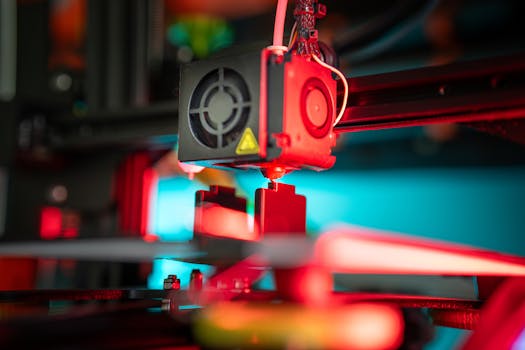
Moreover, mechanical design enables the integration of new technologies, such as IoT sensors and smart materials, into products. This integration not only enhances product functionality but also opens up new markets and opportunities for businesses. For example, the rise of smart home devices has transformed traditional household products into intelligent systems that adapt to user behaviors and preferences.
Enhancing Manufacturing Efficiency
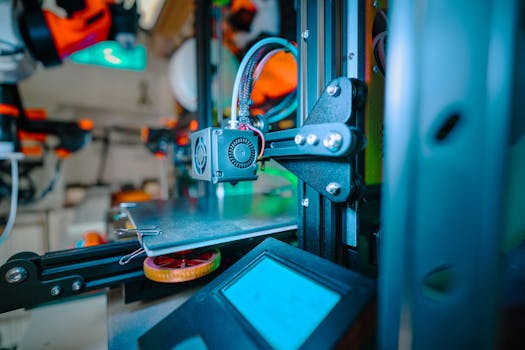
Additionally, effective mechanical design influences assembly processes. Products designed with assembly in mind can reduce labor costs and improve product quality. Techniques such as Design for Assembly (DFA) focus on minimizing the complexity of assembling components, which not only enhances efficiency but also reduces the likelihood of errors during production.
Improving Product Reliability and Performance
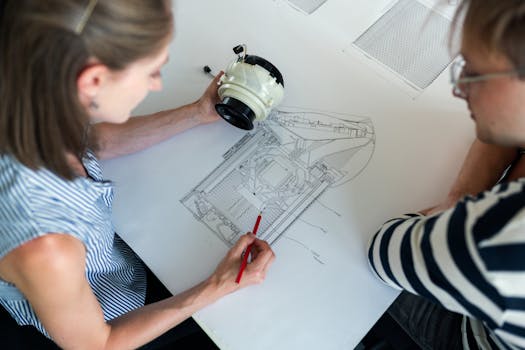
Tools like finite element analysis (FEA) allow designers to simulate real-world conditions and assess how a product will behave under various loads and stresses. This proactive approach to design not only enhances product reliability but also helps in complying with industry standards and regulations, ensuring that products are safe for consumers.
Conclusion
